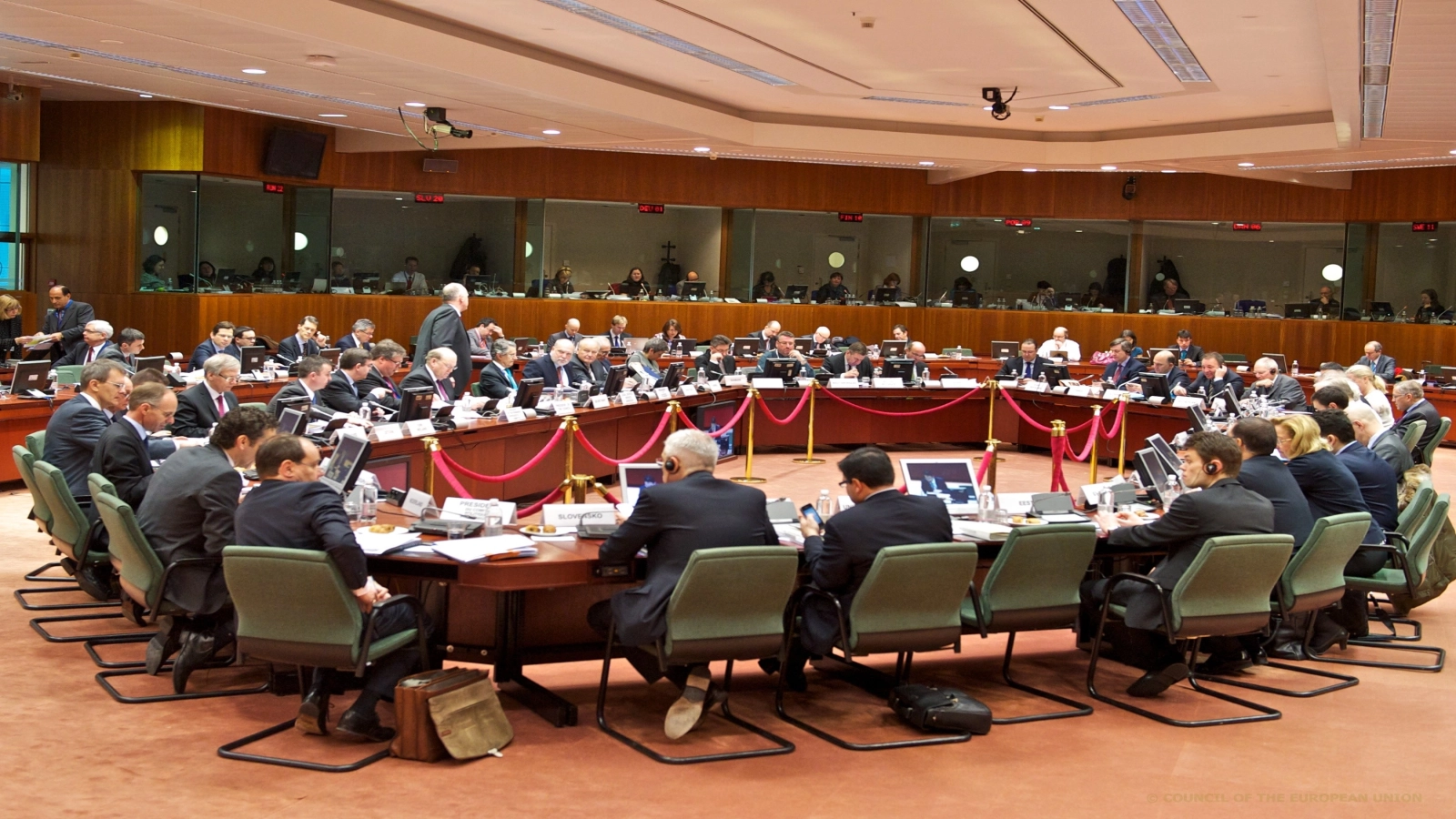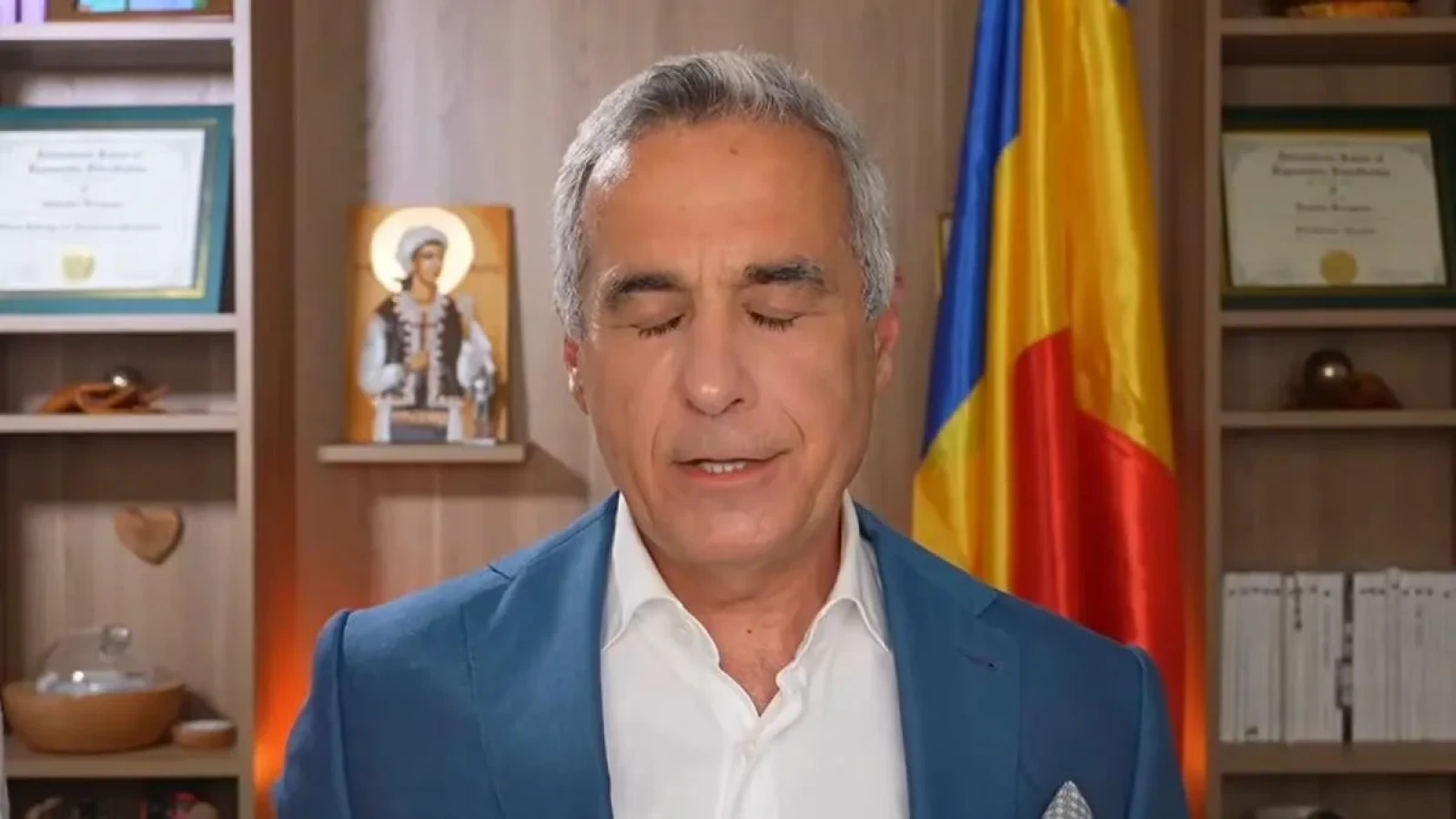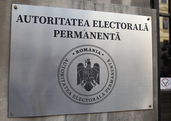Problems such as bureaucracy, overregulation, exponential energy prices and insufficient funding must be solved at EU level through the implementation of the "Competitiveness Compass," senior official with Romania's Ministry of Finance Alin Andrie said on Tuesday at a meeting of the EU Economic and Financial Affairs Council (ECOFIN) in Brussels.
According to the Ministry of Finance (MF), the European Commission presented at the meeting Competitiveness Compass initiative that aims to steer its work in the field of competitiveness.
During the debate, Andries highlighted the role of the Competitiveness Compass as a roadmap for bridging the competitiveness gap faced by the EU, saying that "the transition from words to deeds entails identifying practical solutions to the problems that affect European companies, namely bureaucracy, overregulation, exponential energy prices, insufficient funding or lack of risk appetite in financing innovation."
He also presented some key principles that should be the basis for the implementation of the roadmap in order to strengthen the unity of the European design. "The contribution of cohesion policy to the EU's competitiveness and the convergence process is essential and must continue to be recognised. At the same time, additional support is needed to ensure a level playing field, taking into account the differences in the available fiscal space of the member states. In addition, with regard to funding, the proposals for the next EU multiannual financial framework must be fair and balanced, simultaneously addressing the challenges related to competitiveness and convergence," Andries is quoted as saying in a press statement.
During the ECOFIN meeting, guidelines for the EU's annual budget for 2026 were approved, serving as a reference for the European Commission when preparing the coming budget cycle. The main issues addressed include solidarity with Ukraine, respect for budgetary discipline, efficient allocation of resources and transparency in the management of funds.
The impact of Russia's aggression against Ukraine, adoption of the European Council recommendations on Hungary's medium-term budgetary and structural plan and its corrective trajectory under the Excessive Deficit Procedure, the 2025 European Semester, the adoption of the revised recovery and resilience plans of Latvia and Belgium, the approval of the EU mandate for the G20 meeting on February 26-27, 2025 and the adoption of a recommendation on discharge to be carried out to the Commission regarding the implementation of the general budget of the EU for the financial year 2023 rounded up the agenda of the ECOFIN meeting.
































Comentează